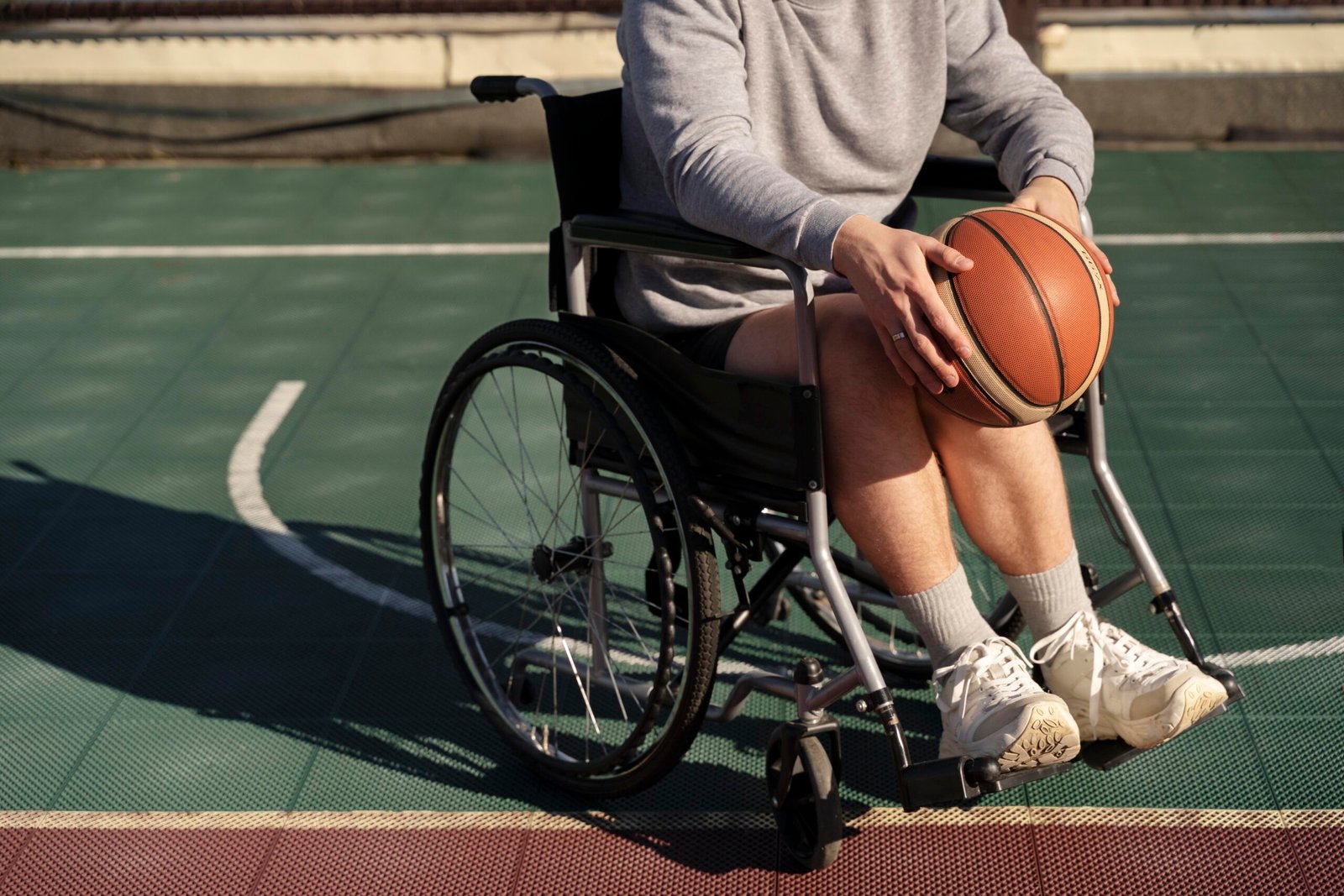The Paralympics are not just about athletic excellence. They are a powerful platform for social change and empowerment. In the field of sports, where physical prowess is often the primary focus, the Paralympics shine a light on the strength of the human spirit. But outside of sports, there is another narrative emerges—a narrative we use and communicate. This narrative is about empowerment, inclusion, and redefining what it means to be an athlete.
The power of words
Language is not only a means of communication. It is a tool that can either empower or marginalize. At the Paralympics, language has become an important tool of empowerment. The way we talk about athletes with disabilities can either reinforce stereotypes or help dispel them.
For example, consider the difference between saying “wheelchair-bound” and “wheelchair users.” The former suggests limits, while the latter acknowledges the person and their agency. Similarly, terms like “impressive” or “heroic“, Often used to describe Paralympians, can sometimes be unintentionally patronizing. While these athletes are undoubtedly impressive, they are first and foremost elite competitors.

Conversations that bring about change.
The Paralympics provide a global platform for discussions about disability, inclusion and equality. These debates often extend beyond sports themselves, influencing how society views disability.
One of the most important effects of the Paralympics is the change in public perception. Historically, people with disabilities have been viewed with pity or as objects of charity. The Paralympics challenge these stereotypes by showcasing athletes who are not only participating but excelling in their respective sports.
This conversation is not just happening among the media or the audience. They are also happening among the players themselves. Paralympians often share their stories of overcoming barriers, advocating for accessibility, and pushing for greater recognition of adaptive sports. These conversations contribute to a broader cultural shift toward seeing disability as a natural part of human diversity.
The role of the media
The media plays an important role in shaping the language and discourse around the Paralympics. From focusing on athletes’ disabilities to highlighting their achievements, coverage of the Games has evolved over the years. This shift in narrative is essential to developing a more inclusive and empowering view of disability.
However, there is still work to be done. Media outlets must continue to educate themselves about the language they use and the stories they tell. Words matter, and the right language can help normalize disability and challenge social prejudices.
Empowerment through representation
Representation matters, and the Paralympics provide a powerful example of why. When people with disabilities see athletes who look like them on the world stage, it can be incredibly empowering. It sends the message that they too can achieve greatness, that their disability does not define their ability.
This representation is not limited to players. The visibility of adaptive sports in the media, the presence of accessible venues, and the inclusion of disability issues in the public discourse all contribute to a more empowered and inclusive society.
The future of empowerment in the Paralympics
As the importance of the Paralympics grows, so does the potential for empowerment through language and conversation. Games are not just a sporting event; They are a catalyst for change. They challenge societal norms, push for greater access, and promote narratives of inclusion and empowerment.
Looking ahead to the Paris 2024 Paralympics, we can expect this conversation to become even more prominent. With increased media coverage, public interest and growing global awareness of disability issues, the Paralympics are poised to make a meaningful difference in how we talk about and understand disability.
The language of empowerment at the Paralympics is more than just words. It’s about changing minds and challenging ideas. By fostering conversations that go beyond sports, the Paralympics are helping to create a more inclusive and empowering world for people with disabilities. As we look forward to the Paris 2024 Paralympics, let’s engage in these conversations, use empowering language, and celebrate the incredible achievements of all athletes.
Inspired by bbc news and read more Article Here
